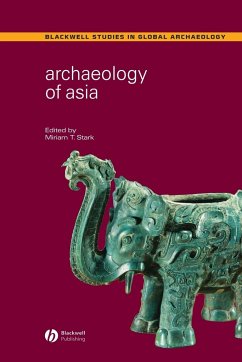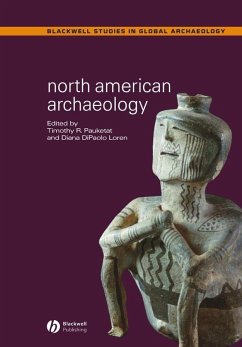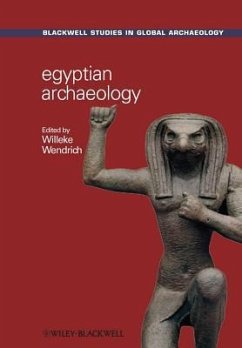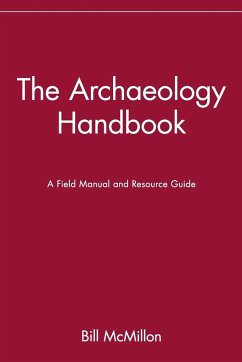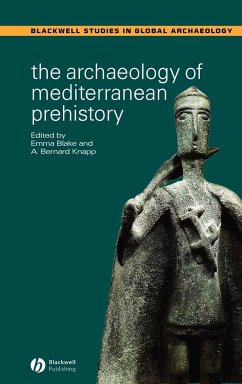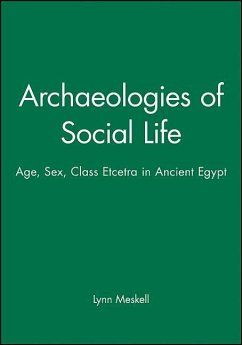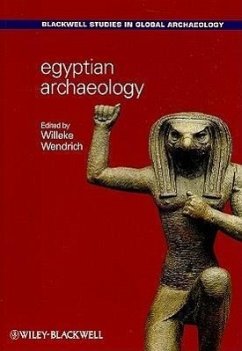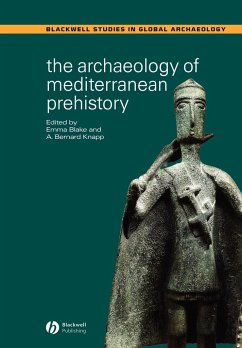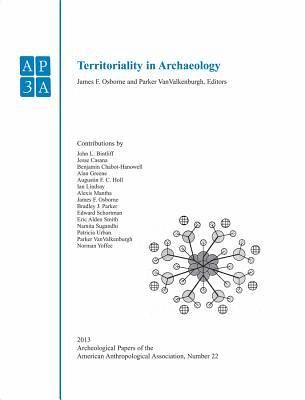
Territoriality in Archaeology
Versandkostenfrei!
Versandfertig in über 4 Wochen
31,99 €
inkl. MwSt.

PAYBACK Punkte
16 °P sammeln!
"Territoriality in Archaeology brings together a series of studies that examine the dynamic nature of land, boundaries, and social space in ancient political life. The authors draw on diverse perspectives, ranging from evolutionary ecology to critical geography, but share a common interest in exploring variation in territorial patterns and processes, as well as developing models that better account for the role of territorial claims in the constitution of social power. Archaeological case studies exploring the diversity of territoriality in the past range from the Andes Mountains and Latin Ame...
"Territoriality in Archaeology brings together a series of studies that examine the dynamic nature of land, boundaries, and social space in ancient political life. The authors draw on diverse perspectives, ranging from evolutionary ecology to critical geography, but share a common interest in exploring variation in territorial patterns and processes, as well as developing models that better account for the role of territorial claims in the constitution of social power. Archaeological case studies exploring the diversity of territoriality in the past range from the Andes Mountains and Latin America to Mesopotamia and South Asia." The Archaeological Papers of the American Anthropological Association (AP3A) is published on behalf of the Archaeological Division of the American Anthropological Association. AP3A publishes original monograph-length manuscripts on a wide range of subjects generally considered to fall within the purview of anthropological archaeology. There are no geographical, temporal, or topical restrictions. Organizers of AAA symposia are particularly encouraged to submit manuscripts, but submissions need not be restricted to these or other collected works.



